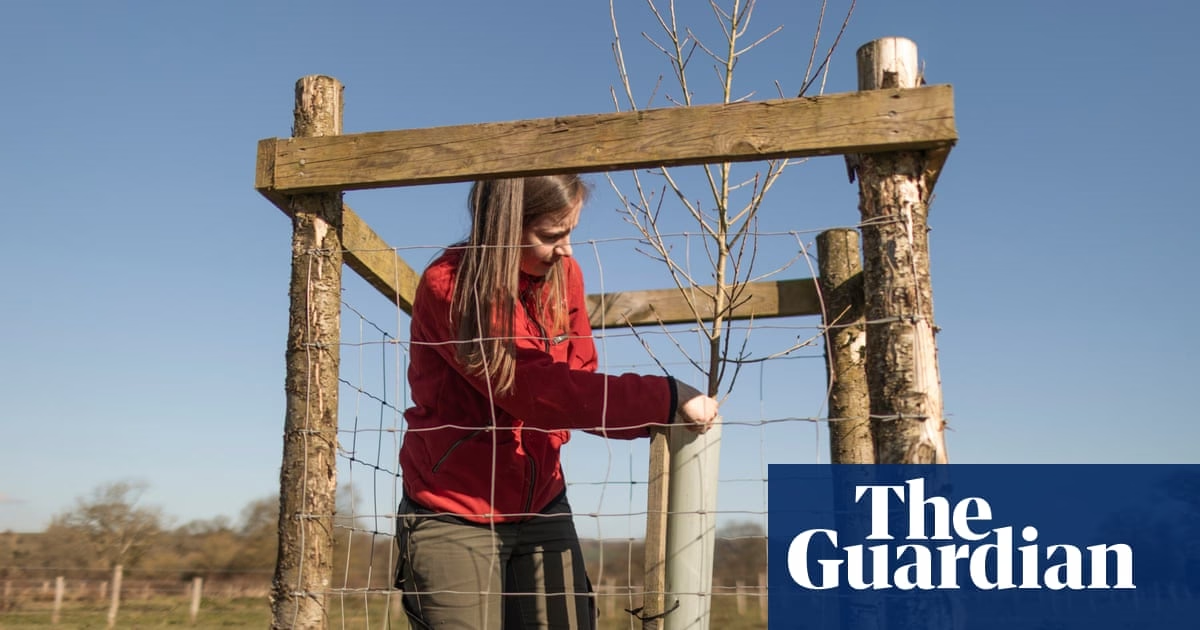The black poplar tree, once abundant in Britain, is now the country’s rarest and most threatened native species. In an effort to preserve the tree’s legacy and ensure it does not become extinct, the National Trust is creating a living gene bank of the black poplar. This initiative prevents John Constable’s painting, The Hay Wain, from becoming a tribute to an extinct species. The conservation charity has planted a new breeding population of male and female black poplar trees on the restored floodplain area at Killerton estate in Devon. This project, in partnership with Forest Research and other community groups, aims to collect a diverse selection of cuttings and plant them along the River Culm floodplain. Cuttings from these trees can then be used in planting projects across Britain.
National Trust ecologist Fi Hailstone explains that black poplars need male and female trees within a 200-meter radius to pollinate each other, which is not likely to occur in the wild due to declining numbers. The trees can live for over 200 years and grow up to 30 meters tall. Once established, cuttings can be taken from the trees and spread to other planting projects, acting as a living gene bank to boost the resilience of the declining species and improve its chances of survival.
Land drainage and the demand for faster-growing non-native trees for timber have contributed to the decline of the black poplar species. Out of the estimated 7,000 black poplar trees left growing wild in Britain, only about 150 are genetically unique.
The National Trust’s plant conservation center in Devon is currently breeding native black poplars, and this breeding will be expanded using cuttings from the trees at Killerton once they have established. Further initiatives to halt the decline of the black poplar are taking place across National Trust land, including the establishment of 16 trees in restored wood pasture on the Oxburgh estate in Norfolk. At Quarry Bank, rangers are working with Chester Zoo to plant trees on the Cheshire estate as part of a breeding program to produce new black poplars. Killerton is one of six nature super sites identified by the trust for their potential to restore nature across whole landscapes through activities such as
Source: https://www.theguardian.com/environment/2025/mar/14/national-trust-creates-living-gene-bank-of-endangered-native-black-poplar






